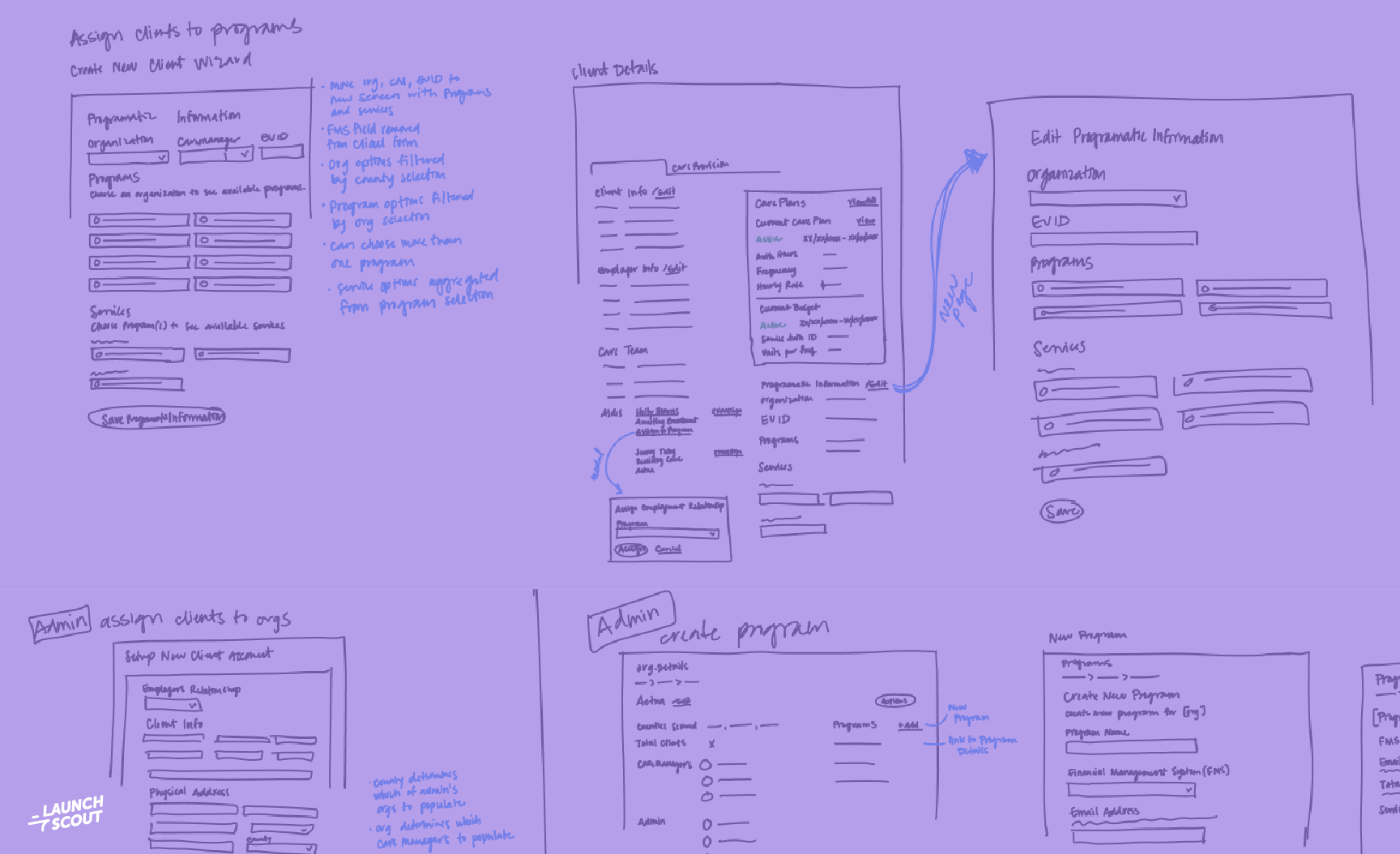
8 July 2014
How To Be Opinionated Without Turning Into The Office A**hole
It’s recently come to my attention that I’m an opinionated person. While this is no surprise, hearing someone else tell me this made me ask a few important questions.
What exactly did that person mean? Is being opinionated a bad thing? What does it even mean to be opinionated? At first, the answers to these questions might seem obvious or even trivial.
In a literal sense, being opinionated simply means having an opinion on a given topic. But, ironically, the definition of the word itself seems to be a matter of opinion.
When I asked my father what he thought it meant, he described an opinionated person as someone who “forced their opinion on you.” The old saying goes, “Opinions are like assholes, everyone has one” right? But it was starting to feel like opinions aren’t LIKE but FOR assholes.
Yet in many ways it’s a developer’s job to both have opinions and be vocal about them. The right opinions can often save time, money and future headaches. In fact, many times having an opinion at all is what drives thought leadership. While it’s certainly important to form our own opinions, we have to ask ourselves what impact these strong opinions have on our relationships within the workplace. What about our relationships outside of the workplace?
As a developer, I like to think of myself as a fairly objective and transparent person. Objectivity and transparency are principles that are often reflected in the tools developers use as well. Frameworks like Ruby on Rails and Ember.js are often described as opinionated, and this is appealing because it makes our decisions (ideally) easier and more consistent. As such, developers are often inherently opinionated people and often times this leads to conflict. Champions of X framework clash with those of Y framework. The real question is how do we have effective and objective debates about the optimal decision?
I actually like being opinionated. I think being opinionated is a large part of what has gotten me to where I am as a developer. Still I feel like there has to be some way I can share my opinions, but not at the expense of the feelings of those around me. As a result, I’ve made a few discoveries and changes that I think have helped me communicate better to others.
##Think as you talk
Many times it’s not just what we say but how we say it that is impressed upon others. Heavy handed, condescending, (overly) sarcastic or otherwise forceful opinions often win arguments. Is this really because of merit or a result of the volume at which they are spoken?
Being mindful of what comes out can alleviate a lot of stress for those around us. Personally, I don’t want to have to stop and think about every word before I say it. As a compromise, start thinking about ways that what’s been said could be considered negatively before, during and long after it’s been said.
There are some obvious things to take note of. The first thing that became clear to me is steering clear of harsh or absolute words like hate, or sucks. I can still have and share strong opinions while still being attentive to any negative vibes being sent the other way. This is not simply becoming apologetic in place of having an opinion. This is a continual conversation with yourself about thinking forward as well as backwards. Generally speaking, it’s fairly easy to spot things that could’ve otherwise be taken negatively by simply paying attention and applying each conversation’s lessons to the next one.
##Mind your surroundings
Along the same lines, it’s important to be aware of the context of what we say. If a friend lends you a movie that they enjoy, it’s probably not the best idea to tell them that you thought it was horrible. The same logic applies to that project your co-worker has been working on in their free time. Is it really that important to voice how useless you think it is? Did you even try it out before passing your judgement? These sound like fairly obvious points, but they’re fairly common and extremely easy ways to leave a bad impression. I’m not advocating talking to everyone like they’re 5 years old, but there are some obvious situations where this applies.
##Don’t argue, disagree
Much to others’ dismay, I love to debate. I’ve found that people often view this as being argumentative. To me, arguments include people who refuse to change their views, lack respect for others and often elevate quickly. There’s a lot of value in a civil disagreement. Here are a few guidelines for having a disagreement instead of an argument:
- Acknowledge other opinions. Few things are more frustrating than someone ignoring your opinion.
- Know when to stop. Berating others is a surefire way to put a negative spin on a conversation.
- Debate on point. That thing you were angry about 2 weeks ago is not relevant in this discussion. This is a very important piece of almost all successful relationships.
- Pay attention to subtle cues. Yours and theirs. Rolling your eyes, sarcastic tone and heavy sighs can all be damaging to your case.
- MOST IMPORTANTLY, be open to the possibility that you’re wrong! Go into every conversation with the mindset that your opinion can be changed. This is often what separates an argument from a disagreement or debate.
Communication is HARD. And it’s been eye opening to see how many things I just didn’t notice about communicating effectively, and I’m still learning every second. Projecting negative opinions has a lot of side effects, and can easily create a hostile community or workspace. It’s not an easy road, but if we all give even the tiniest effort, it can make a huge difference.



